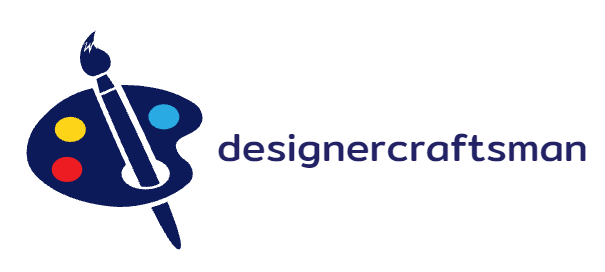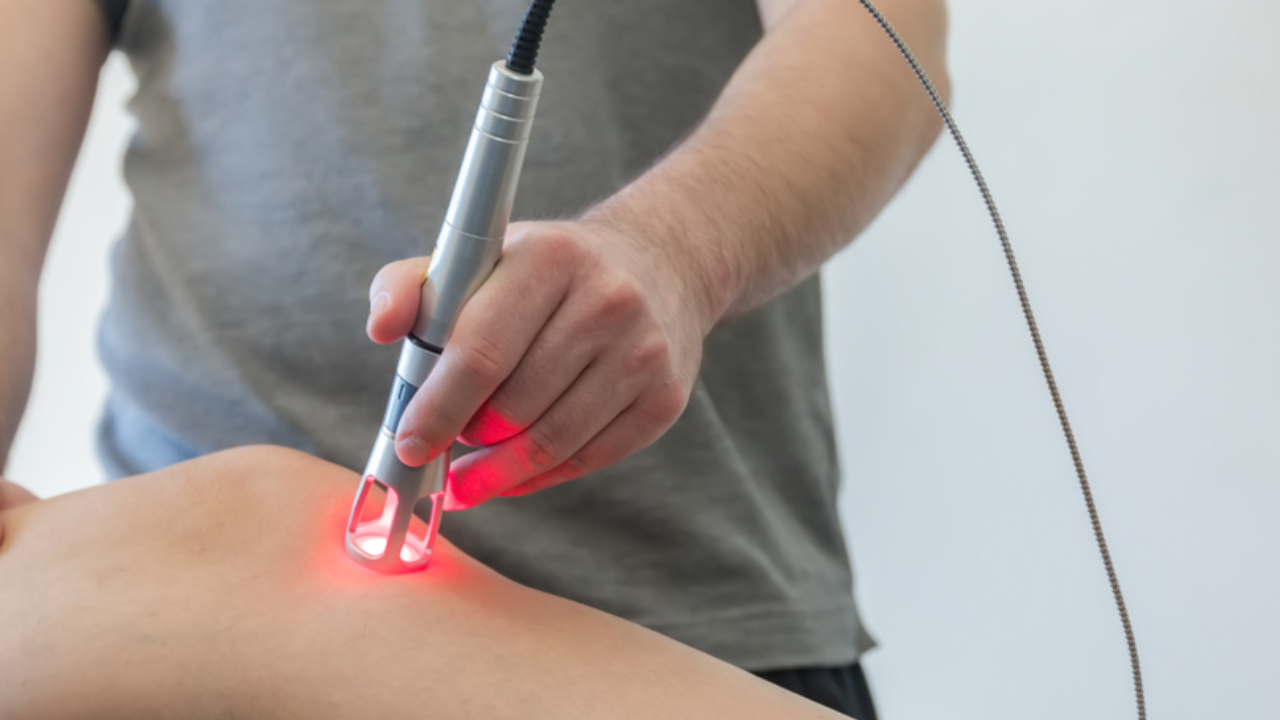Laser therapy is a beacon of innovation, providing a non-invasive and painless way to heal that utilizes the power of light. Also known as Low-Level laser therapy (LLLT) or photobiomodulation, this cutting-edge treatment has piqued the interest of healthcare professionals due to its broad applications and ability to cure a wide range of medical disorders.
Cold laser therapy is based on the theory of photobiomodulation, in which specific wavelengths of low-level light promote cellular function, resulting in a cascade of biochemical events within the body. Cold laser therapy differs from standard surgical lasers in that it is gentler, making it a well-tolerated and side-effect-free choice for patients seeking alternative or complementary treatments.
Therapeutic Landscape of Laser Therapy
The following conditions can be treated with laser therapy:
Musculoskeletal Injuries
Laser therapy appears as a non-invasive treatment for musculoskeletal problems, promoting faster healing and pain relief. Laser therapy speeds up the healing process by targeting inflammation, encouraging cellular repair, and improving blood circulation. This unique technique, whether addressing sprains, strains, or orthopedic procedures, offers a ray of hope for anyone dealing with musculoskeletal ailments, promising faster recovery and increased functionality.
Arthritis
Laser therapy is effective in arthritis management by reducing pain and increasing joint function. The treatment's anti-inflammatory properties minimize edema and improve the range of motion. Laser therapy promotes tissue regeneration by increasing cellular activity, providing a non-invasive and creative way to improve the quality of life for patients living with arthritis.
Soft Tissue Disorders
Laser treatment treats soft tissue problems such as tendinitis and bursitis. This non-invasive treatment promotes tissue regeneration by boosting cellular activity and increasing collagen formation. The therapy's tailored technique helps to alleviate discomfort and restore function to afflicted areas. Laser therapy is a mild yet effective alternative for anyone seeking relief from the discomfort and limitations caused by numerous soft tissue illnesses.
Dermatological Conditions
Laser therapy has emerged as a flexible tool in dermatology, addressing a wide range of skin diseases. This non-invasive treatment targets afflicted areas with exact light wavelengths, ranging from scar removal to skin regeneration. The controlled administration of laser energy encourages collagen creation and improves skin texture. Laser therapy offers a viable path to improved skin health and beauty for those looking for effective dermatological solutions.
Neurological Conditions
While ongoing research, laser treatment shows promise in treating specific neurological diseases. Preliminary research suggests benefits for peripheral neuropathy and traumatic brain damage. Laser therapy may provide relief and improve neurological rehabilitation. Although more research is needed, this non-invasive strategy has the potential to serve as a supplemental method in the multifarious treatment of neurological disorders.
Dental Applications
Laser therapy in dentistry is revolutionizing oral care by providing accurate and least-invasive solutions. Laser therapy is used in soft tissue surgery, oral lesion treatment, and teeth whitening to improve procedural precision and speed healing. Its non-invasive nature minimizes discomfort, making it a popular alternative for a variety of dental operations. Embracing laser therapy in dentistry is a step towards more modern and patient-friendly oral health treatments.
Inflammatory Conditions
Laser therapy helps manage inflammatory diseases by reducing the underlying inflammation. From joint inflammation to tendonitis, this non-invasive therapy approach has anti-inflammatory properties that reduce swelling and discomfort. Laser therapy provides alleviation and aids healing by accelerating cellular repair and increasing blood flow. Embracing this approach reveals a viable route for people looking for non-pharmacological treatments for inflammatory issues.
Respiratory Conditions
In preliminary investigations, laser treatment has shown promise in treating respiratory disorders such as chronic obstructive pulmonary disease (COPD) and asthma. The therapy's anti-inflammatory properties may help enhance respiratory function. While research is ongoing, laser treatment provides a non-invasive way to investigate supplementary options in the complicated landscape of respiratory health.
Summary
Laser therapy's adaptability extends across a wide range of medical issues, making it a desirable alternative in a variety of healthcare settings. Laser therapy has promise as an effective, non-invasive, and well-tolerated method for promoting healing and controlling a wide range of health issues. It is critical, however, to consult with healthcare specialists to find the most appropriate and evidence-based approach for each unique illness and circumstance.


